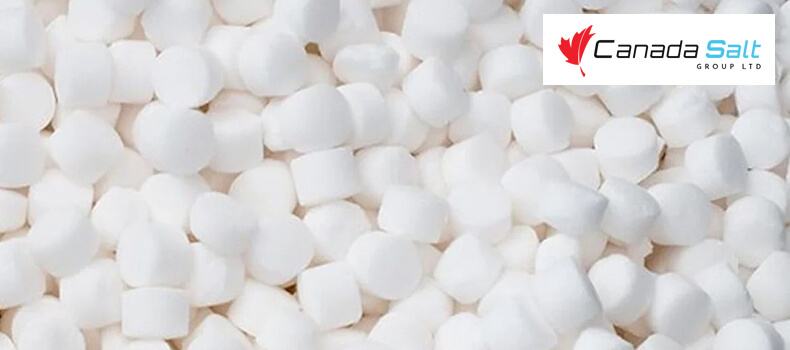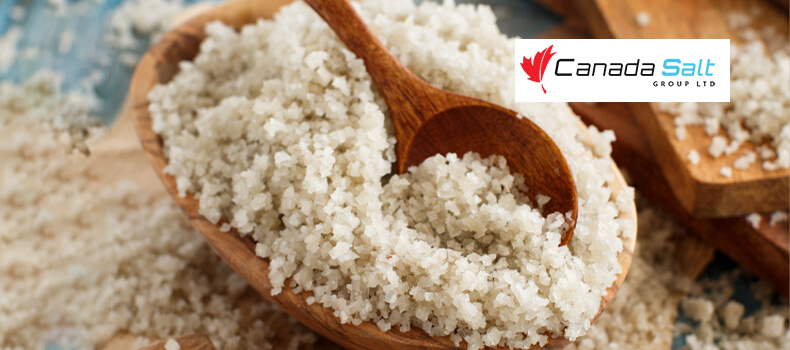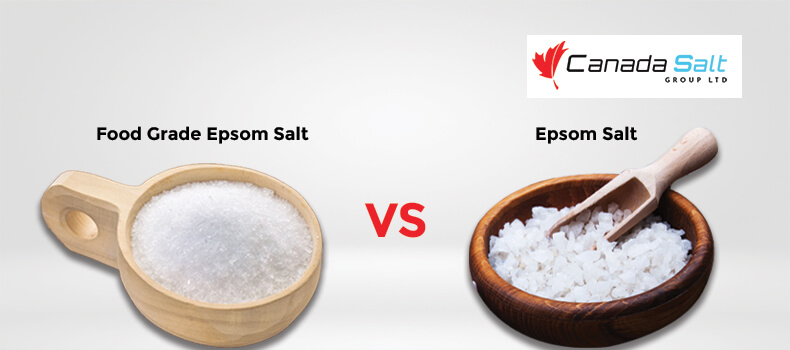Sodium Chloride vs Potassium Chloride
To prevent the effects of hardwater, we must consider the water softener options available to us and use them accordingly. Sodium chloride and Potassium chloride are both effective in softening the water. There is no comparison of taste for both of them. Some people prefer sodium chloride, whereas others prefer potassium chloride, which can be mixed. The only reason people choose one product over another is if your water softener is connected to the drinking water line of the kitchen and has trace amounts of sodium or potassium. This article will discuss Sodium Chloride vs Potassium Chloride: Which is better?
Differences between Sodium Chloride and Potassium Chloride
1. Composition and Functionality
Sodium Chloride
A common myth is that Sodium chloride makes the water salty and adds high levels of sodium. But, In reality, it breaks down into very few amounts of sodium. Sodium chloride is cheap and effective water softener compared to potassium chloride. It is very closely related to our table salt. Compared to potassium chloride, very little sodium chloride is used to treat the same amount of water. It softens the water by replacing the minerals and sending it into a separate collecting tank.
Potassium Chloride
Potassium chloride works exactly like sodium chloride, but mineral ions are replaced with potassium ions instead of adding sodium. It is healthy and does not affect people so cautious about sodium.
2. Performance and Efficiency
Sodium Chloride
The method by which a saltwater softener operates is ion exchange. When you use sodium as a water softener, the calcium and magnesium in your water are removed, and traces of salt are added. If a person has no sodium-related health issues, they can use a salt-based water softener safely. The majority of people’s health is not seriously damaged, nevertheless.
Potassium Chloride
Ion exchange technology is also used to operate potassium water softeners. They perform similar functions to sodium water softeners. Despite being a salt, potassium has 70% less sodium than the salt-based solution in your water softener. Therefore, a potassium water softener is safer if you’re on a diet that limits your sodium intake. Small amounts of potassium do occasionally escape into the water in your pipes. The sodium that would remain behind if you used a sodium chloride softener would be less than that amount. And potassium offers several health benefits. Therefore no problem.
3. Cost and Availability
Sodium Chloride
Sodium Chloride is the most common water softener salt and is cheap too. An average family uses around 10 pounds of water softener salt to soften its water, resulting in 13 bags of sodium per year.
Potassium Chloride
Unlike sodium chloride, potassium chloride is also commonly available. Still, compared to cost, Potassium Chloride is somewhat costlier than Sodium chloride, and you will also have more maintenance as you need to add potassium very often as you require more amount compared to sodium for softening the same amount of water.
4. Environmental Impact
Sodium Chloride
Sodium water softeners are less considered if you are concerned about the environment because an increase in sodium content in water harms soil, plants, and aquatic animals if it comes into contact with water bodies. But, It helps your appliances by not forming any limescale, thereby saving energy. Another reason is that the water softeners also produce wastewater from the softener system, which has traces of chlorides.
Potassium Chloride
Potassium is good for the body as well as for soil also. The thing is, potassium is commonly used in agriculture and is friendlier to the environment. Drinking and watering plants with potassium chloride doesn’t cause any effects. Similarly, as sodium water softeners, potassium water softeners also produce wastewater with trace amounts of potassium.
5. Health and Safety Considerations
Sodium Chloride
People with zero health issues can use sodium-based water softeners because they add very little sodium to react with ions and don’t affect health. Consult a doctor to use this kind of water softener salt.
Potassium Chloride
Potassium Chloride is very safe to use, and it is also an essential nutrient for our body. Persons on a strict sodium diet can use potassium as they have 70% less sodium than Sodium chloride water softener.
Choosing the Right Option
Due to its significantly lower cost, sodium chloride is typically the greatest Regenerant option for homes. Only those on extremely low-sodium diets may be concerned about the trace amounts of salt supplied to softened water by sodium chloride Regenerant use potassium chloride. Potassium chloride is also efficient and can be disposed of in an environmentally acceptable manner if you don’t mind the added costs.
Conclusion
Remember that your home may need both potassium chloride and sodium chloride softener salts. Before making a choice, a few important factors must be considered. The cost of maintaining potassium chloride softeners is higher. But those on a low-sodium diet will benefit more from them. The environment is better off with potassium chloride. However, If you want better guidance and a reliable water softener salt supplier, contact Canada Salt Group Ltd, the largest salt supplier in the United States and Canada.





